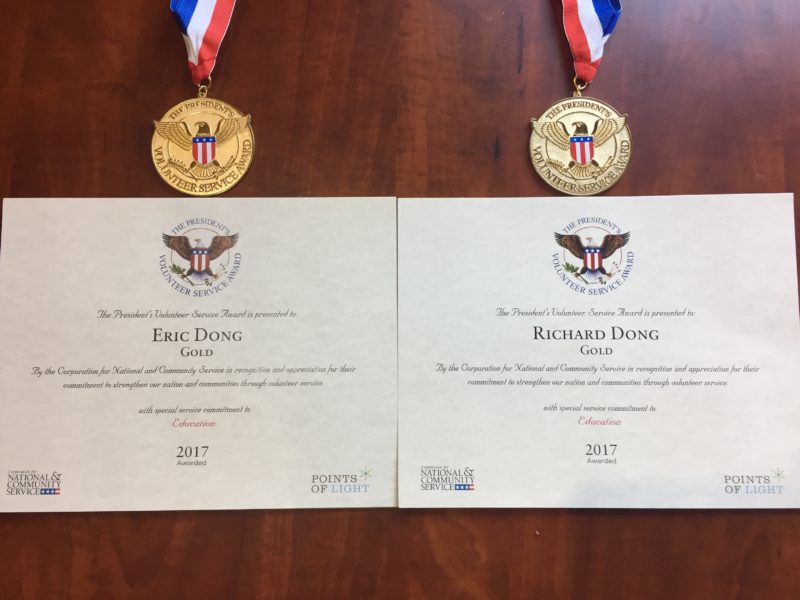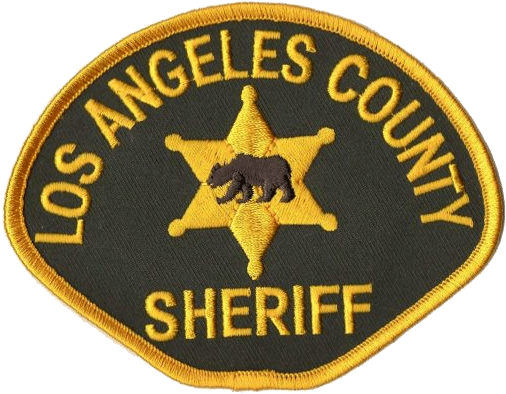
By Madeline Park
Libraries are timeless places within every city that offer more than just a good read. Amongst the shelves of books and rows of wooden tables and chairs often lies a thriving and vital community center.
With the rise of the internet and e-books, more and more people undervalue public libraries and their impact. Yet, this is only because many do not realize the plentiful opportunities for personal growth and community that they provide.
Elizabeth Schneider, the youth services supervisor at the Monrovia Public Library remarked, “[Libraries are], in fact, the heart of the community. It’s a place for people to go for free, and to engage with each other and to learn new things. … It’s a safe place for people to be. And it’s the place where you can learn whatever you want. … You don’t have to have a certain amount of money. You don’t have to live on a certain street. You are accepted here no matter what.”
In many libraries, it is the programs and classes that provide educational support to the community around them. From tutoring for children to adult computer literacy classes, they offer a full range of practical options. In fact, because of this, libraries have even become popular centers for foreigners. With free English learning and conversation programs, public libraries have been able to help foreigners and immigrants better acclimate themselves to life in America.
One of the most important aspects of these educational opportunities is that they are free. Because of this, people from every age, social status, or background have the freedom to learn. At the Pasadena Central Library — a grand, stately building with high ceilings — this freedom is evident just by surveying the group of people that come in on a daily basis. With its numerous resources, this library sees a lot of people who seek help in life – especially the homeless population.
“Every public library in urban settings usually has a large homeless population,” commented Nathalie Beats, a librarian at the Pasadena Central Library. “We offer services that are completely free that anyone can sign up for with an address—and we accept shelter addresses as well. … I would say the vast majority [come] for the internet access and just shelter during the day. That’s their only way of getting internet access, for the majority of them. [They come] to build computer literacy, and just to get some technology skills … or fill out applications or check their emails.”
As well as homeless people, the elderly have also found refuge in libraries. For senior citizens, libraries are a social center, where one can go to make friends and get more plugged in to the community. People also have the option of joining book clubs or volunteering — in effect, giving them something to do with their spare time.
With around 90 percent of Americans saying that the closing of a library would affect them directly in a survey by the Pew Research Center, it is evident that libraries mark pivotal roles in both shaping and empowering the community. Clearly, their influence extends further than a shelf of books.





